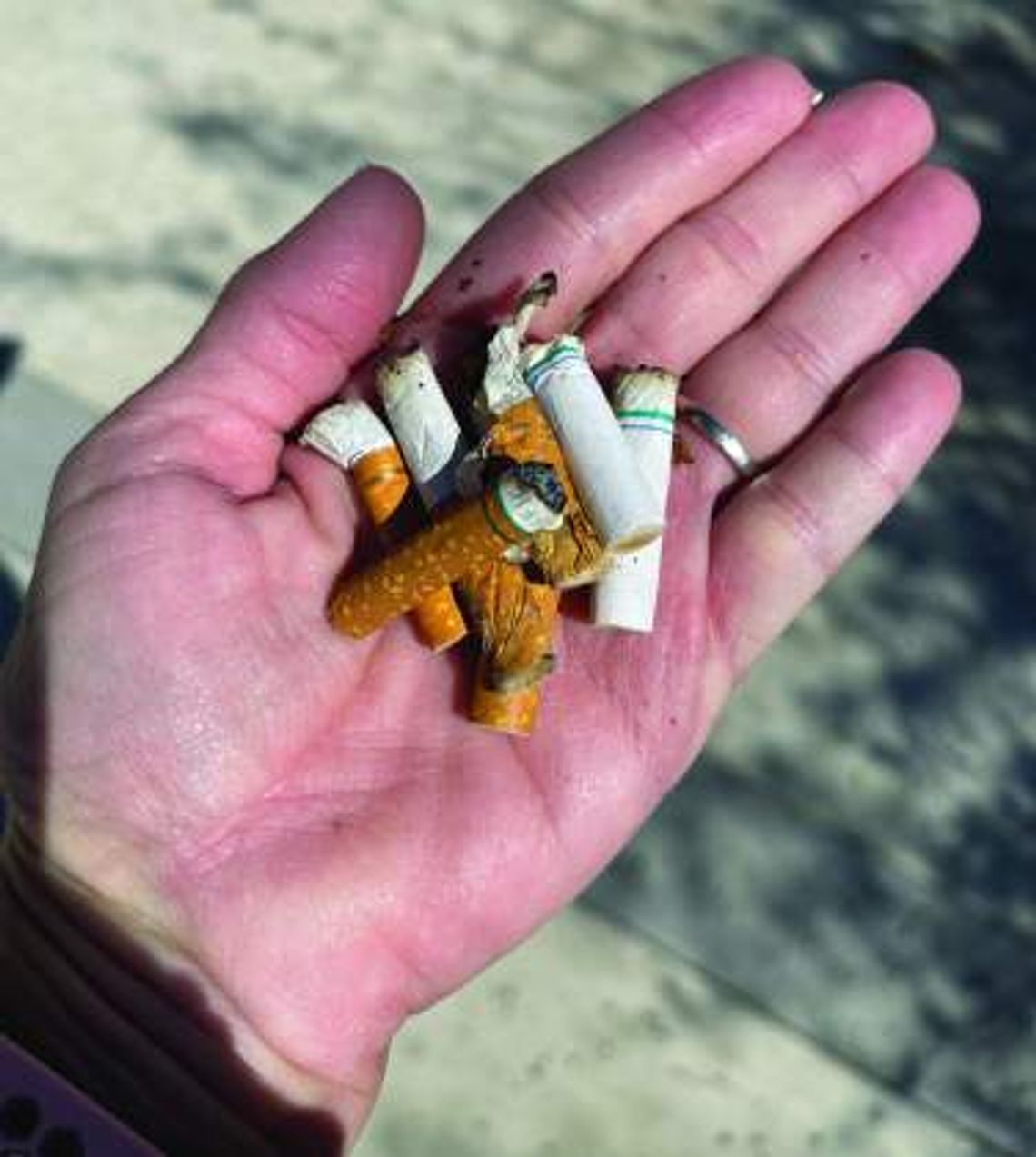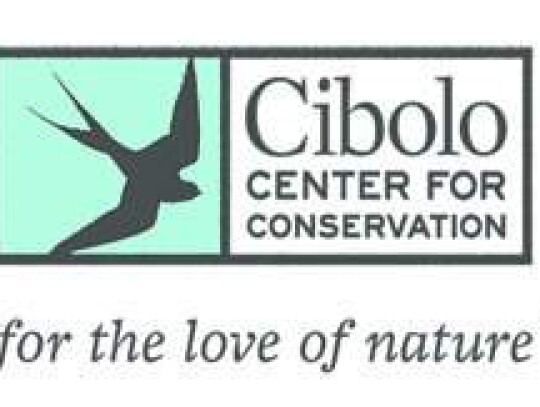Think about the last time you walked around outside even if it was just to or from your vehicle. You probably saw trash on the ground or blowing around. Did you stop and pick it up?
This is one of the biggest problems we see when walking on a trail. It is not uncommon to find wrappers, water bottles and even dog waste left on the trail. Each of these has environmental impacts on the land and wildlife, but it is also not courteous to others.
We must remember that nature is for everyone, and we should enjoy nature in its most pristine form.
I first became involved with the Leave No Trace Program in 2015 after I saw the negative impacts on the nature trails and parks I love from visitors who did not understand trail or outdoor etiquette. As I started sharing my knowledge, I felt it was essential to become a Master Trainer through the Leave No Trace Organization in Boulder, Colorado. Sharing the knowledge I’ve learned through this program is critical to my role as the Director of Programs at the Cibolo.
Leave No Trace has seven principles:
1. Plan ahead and prepare. 2. Travel and camp on durable surfaces. 3. Dispose of waste properly. 4. Leave what you find. 5. Minimize campfire impacts. 6. Respect wildlife. 7. Be considerate of others. These principles help us teach others to reduce their impact on nature areas we love to frequent often.
When heading outdoors to natural areas, you plan your trip. Hopefully, you plan to bring a water bottle, hat, sunscreen, bug spray, etc., but what about grabbing a trash bag?
When students and guests come out to the Cibolo Nature Center, I often hear how surprised they are by the small amounts of trash on our trails. This awareness is because we teach students about the Leave No Trace Principles, how our actions can safeguard the outdoors and each person’s environmental impact.
At the Cibolo, we work yearround to maintain our land and green spaces so we can continue to host programs and events you and your families enjoy.
Earlier this year, I challenged the summer camp groups to collect trash each week during camp to see which group could collect the most. It was fun watching them race to pick up a wrapper that might have blown off the table at lunch. This was also an excellent time to talk about how micro trash gets into our waterways and creeks. Unfortunately, micro trash is a common problem on the Cibolo trails.
However, if you were to ask me what the most significant contributor of trash at the Cibolo was, I would say two things: Photographers that use glitter and people who do not pick up after their dogs. The trails at the Cibolo Nature Center and Herff Farm are maintained by dedicated staff and wonderful volunteers who work to mitigate this impact. If we remember to leave things better than how we found them, we could fix this problem.
In camping terms, we say pack it in, pack it out. Never leave behind what you brought with you. If you are among the many folks who walk our trails or use our landscapes for your family photos, please help us by keeping the land and trails clean. Together we can maintain nature’s beauty and make it enjoyable for future generations.
Stephanie Regets is the Director of Programs at the Cibolo Center for Conservation. For more information on how you can help keep our trails clean, contact our Volunteer Coordinator, Heather Austin, at [email protected].








Comment
Comments